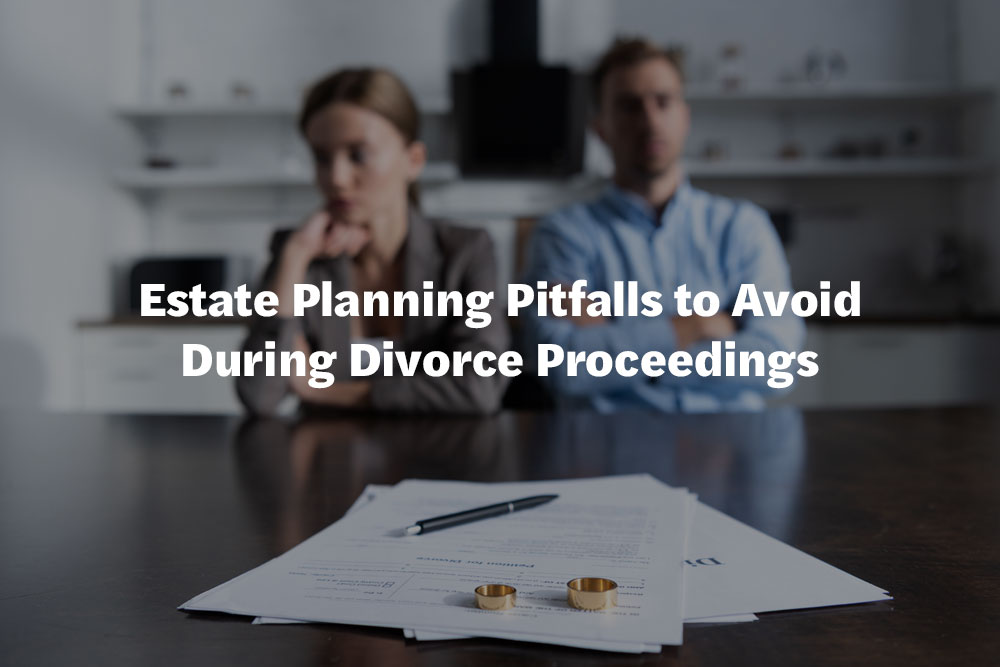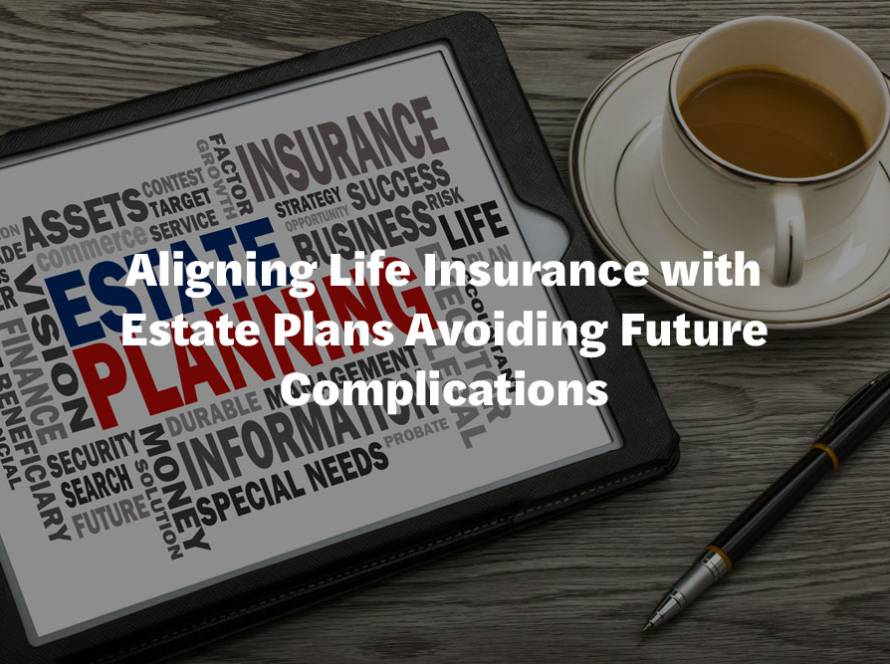Divorce can be a tumultuous time, not just emotionally but also financially. It significantly impacts various aspects of your life, including your estate plan. As you navigate through divorce proceedings, it’s crucial to be aware of and avoid common estate planning pitfalls that could compromise your financial security and intentions for the future. Here’s a guide to help you safeguard your interests during this critical time.
Failing to Update Your Will and Trusts
Pitfall: Not updating your will and trusts during or immediately after a divorce can lead to unintended consequences, such as your ex-spouse inheriting your assets or remaining in positions of authority, such as an executor or trustee.
Solution: Review and revise your will and any trusts to reflect your current wishes. Remove your ex-spouse as a beneficiary unless required by divorce decrees or settlement agreements and consider how changes might affect your children.
Overlooking Beneficiary Designations
Pitfall: Many people forget to update beneficiary designations on life insurance policies, retirement accounts, and other financial instruments. Failing to update these can result in your ex-spouse receiving benefits you intended to go to others.
Solution: Reevaluate all your beneficiary designations and make necessary changes in line with your updated estate planning goals. Be sure to comply with any legal constraints imposed by the divorce settlement.
Ignoring Powers of Attorney
Pitfall: If your ex-spouse has power of attorney over your affairs, they can make financial or health decisions on your behalf unless you make changes.
Solution: Revoke any existing powers of attorney that name your ex-spouse and establish new ones appointing a trusted individual who aligns with your current preferences.
Not Addressing Guardianship
Pitfall: In the absence of a surviving parent, the guardianship of your minor children may be unclear if your will is not updated, potentially leading to court interventions.
Solution: Update your will to address guardianship wishes for any minor children, ensuring that your preferences for their care are clearly documented.
Disregarding Tax Implications
Pitfall: Divorce can alter your financial landscape significantly, impacting tax liabilities associated with estate transfers and inheritances.
Solution: Consult with an estate planning attorney and a tax advisor to understand and plan for any tax changes that result from your divorce. This includes evaluating the tax implications of alimony, child support, and asset division.
Overlooking the Timing of Changes
Pitfall: Making changes to your estate plan at an inappropriate time during the divorce proceedings can complicate or invalidate those changes.
Solution: Work closely with your divorce attorney and estate planning lawyer to determine the optimal timing for any modifications to your estate plan. Ensure that changes are made in compliance with legal requirements and are strategically timed to avoid disputes.
Divorce requires careful consideration of your estate planning to ensure that your assets are protected and your wishes are honored. Avoiding these common pitfalls is crucial for maintaining control over your personal and financial affairs. At Allenby Law in San Diego, we specialize in navigating the complexities of estate planning during divorce. Contact us to review and update your estate plan, ensuring it reflects your new start and protects your future.



